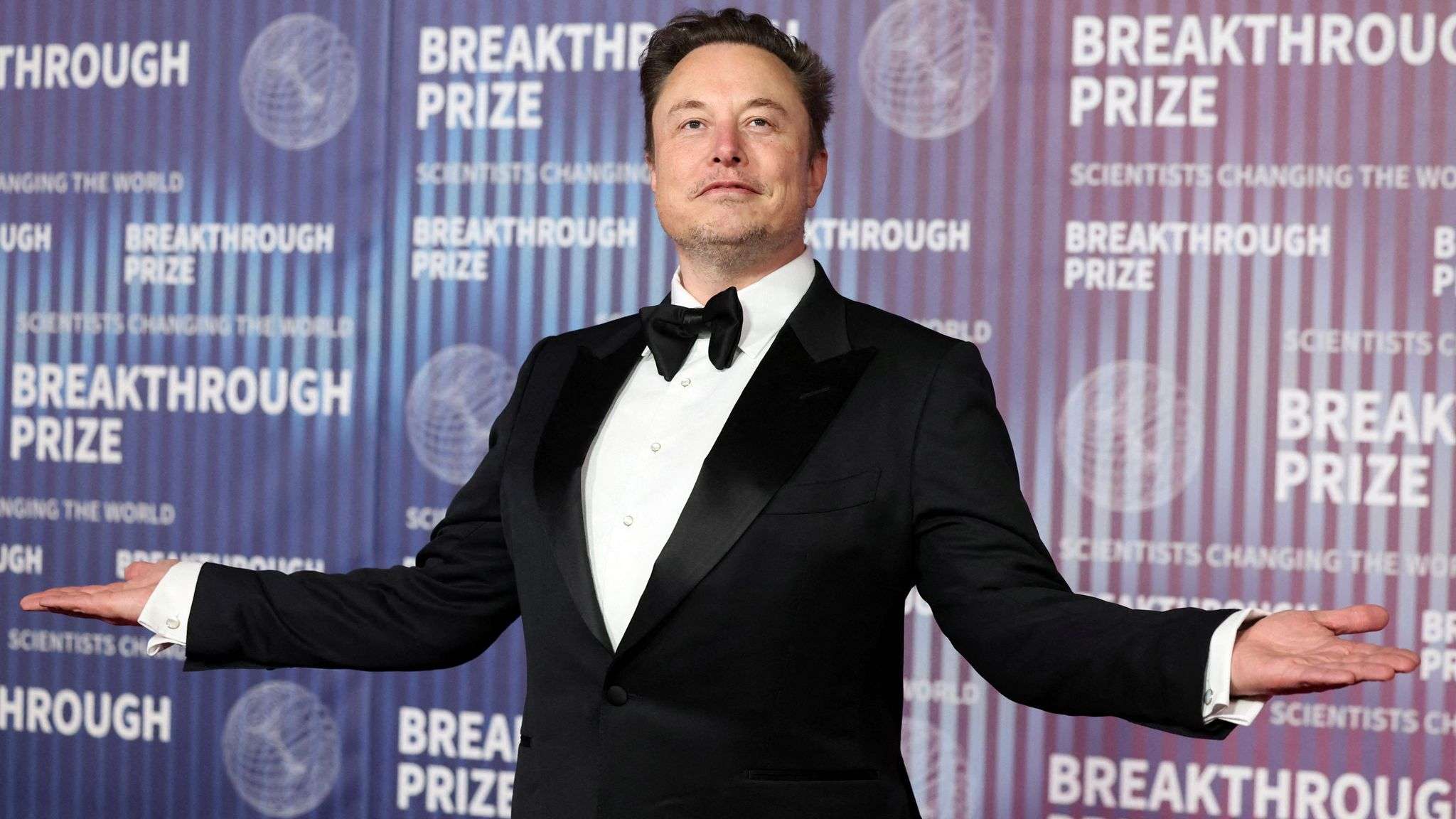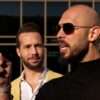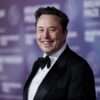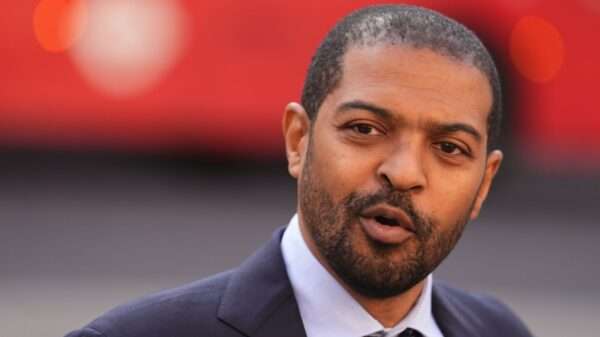Elon Musk has once again stirred the pot, this time setting his sights on UK Prime Minister Sir Keir Starmer. The latest clash began when Starmer, in a recent statement, criticized social media platforms for their role in propagating misinformation that, according to him, had incited violent riots. Musk, never one to shy away from a confrontation, seized the opportunity to fire back at the Prime Minister.
The tension escalated when Musk labeled Starmer a “hypocrite” following the deletion of a tweet by a Labour MP. The tweet in question had been criticized for spreading misinformation itself, which Starmer’s party later removed. Musk, who owns the social media platform X, formerly known as Twitter, seemed to view this move as a glaring example of the kind of hypocrisy he believes Starmer embodies. In Musk’s eyes, the Prime Minister’s condemnation of social media misinformation rings hollow when his own party is caught in the act of perpetuating it.
The spat between Musk and Starmer is more than just a war of words. It underscores the broader debate over the responsibility of social media platforms in moderating content and the implications for free speech. Starmer’s position reflects a growing concern among policymakers about the influence of digital platforms on public discourse and its potential to incite real-world consequences. Musk, however, has consistently advocated for minimal content regulation on social media, framing it as a matter of protecting free speech.
Musk’s attack on Starmer adds another layer to the already complex relationship between social media giants and political leaders. It highlights a deep-seated tension between those who advocate for tighter controls to curb misinformation and those who fear that such measures might infringe on free expression. As the debate continues, the spotlight remains on how social media platforms and politicians will navigate these challenging waters, especially in an era where misinformation can rapidly amplify and impact societal stability.
The ongoing feud not only accentuates the clash between Musk and Starmer but also reflects a broader ideological divide on the role of social media in shaping public opinion and the extent to which it should be regulated. As the situation unfolds, it’s clear that the intersection of technology, politics, and public discourse will remain a contentious and closely watched arena.













































